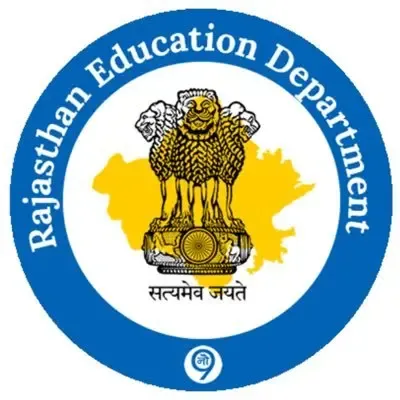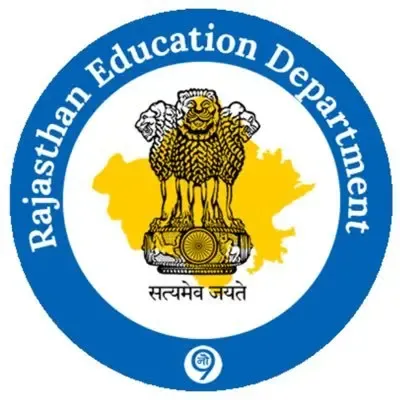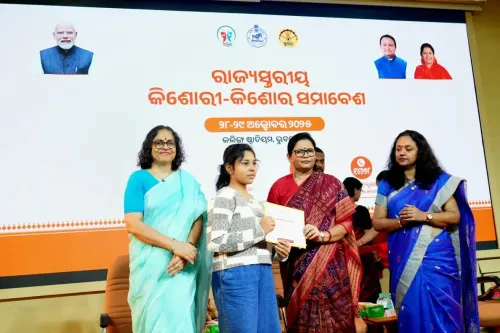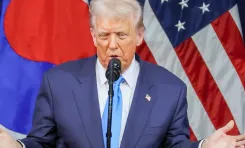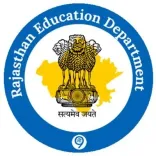How Prepared is Gujarat CM Bhupendra Patel for Border Districts?
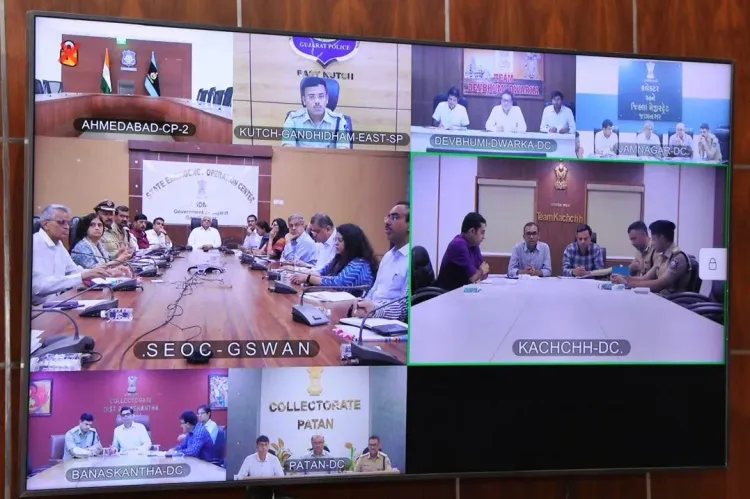
Synopsis
Key Takeaways
- Gujarat's government is focused on ensuring essential supplies and medical support.
- Advanced communication tools will be deployed in vulnerable districts.
- Local authorities play a crucial role in emergency response coordination.
- Continuous monitoring of essential commodities is in place to prevent shortages.
- Evacuation plans prioritize the safety of women, children, and the elderly.
Gandhinagar, May 10 (NationPress) Gujarat Chief Minister Bhupendra Patel conducted a crucial video conference on Saturday to evaluate the state's readiness, particularly in the border districts, assuring the public that the government maintains sufficient stockpiles of essential supplies, medications, and fuel.
In the review meeting with district collectors and senior officials, CM Patel highlighted that all border districts—especially Banaskantha, Kutch, Patan, and Jamnagar—are fully prepared to manage emergencies.
“Should any urgent need arise in these districts, local authorities can promptly collaborate with the state government to ensure the rapid delivery of required items,” he stated.
The Chief Minister assessed arrangements at the State Emergency Operations Centre (SEOC) in Gandhinagar, accompanied by Minister of State for Home Harsh Sanghavi and Chief Secretary Pankaj Joshi. Special emphasis was placed on safeguarding citizens’ lives and maintaining normalcy throughout the border regions.
To guarantee effective communication during emergencies, CM Patel mandated that satellite phones, wireless systems, and walkie-talkies be accessible in vulnerable border villages.
He also instructed officials to enhance village-level evacuation strategies, prioritizing the safety of women, children, and the elderly, while ensuring a sufficient number of transport vehicles are ready for immediate deployment.
CM Patel further directed the Roads and Buildings Department to remain vigilant with necessary equipment and personnel to keep all routes operational in case of damage during any emergency.
“Restoring road connectivity swiftly is crucial to ensure uninterrupted transport of supplies and personnel,” he remarked.
The Food and Civil Supplies Department indicated that prices of approximately 38 essential commodities are under continuous surveillance. Principal Secretary R.C. Meena assured that daily-use items, including wheat, rice, pulses, potatoes, and onions, are available in ample quantities, and coordination with petroleum companies is ongoing to avert any fuel shortages.
In terms of healthcare, Health Department Principal Secretary Dhananjay Dwivedi mentioned that medical staff from other districts have been dispatched to border areas. Additional ambulances have been positioned in Bhuj, Jamnagar, Patan, and Banaskantha.
Mega blood donation camps are also being organized to ensure a reliable blood supply during emergencies. Chief Secretary Pankaj Joshi urged all district collectors to stay alert and maintain continuous communication with the state control room.
The meeting also included the presence of Additional Chief Secretary M.K. Das, DGP Vikas Sahay, and senior officials from various top departments including Revenue, General Administration, Energy, Labour, BSF, and Army.

